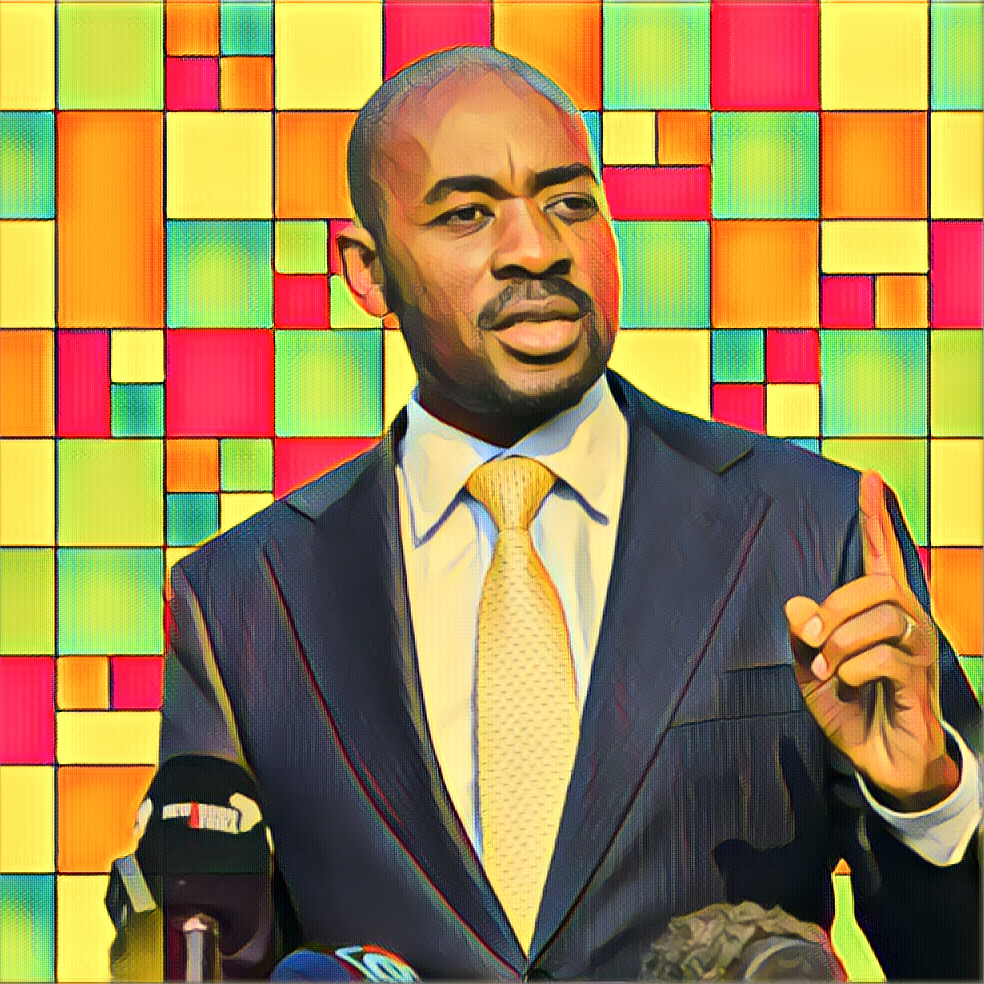In a fervent call for radical reform, opposition politician Nelson Chamisa has spotlighted the urgent need to overhaul Zimbabwe’s education system, which he critiques as outdated and misaligned with the accelerating pace of technological advancement. Chamisa’s vision extends far beyond incremental changes; he envisions transforming Zimbabwe into a global nexus of business, technology, and education. This ambitious blueprint for a “New Great Zimbabwe” hinges on embracing three technological revolutions over the next decade: blockchain, artificial intelligence (AI), and biotechnology.
Chamisa’s critique is not just of the system’s content but its philosophy and goals. He argues that the current educational framework is disproportionately focused on producing employees rather than innovators, a discrepancy that fails to cater to the demands of a rapidly evolving global economy. The essence of his argument lies in the acknowledgment that technology—spanning AI, quantum computing, the metaverse, and more—is not just advancing but accelerating, posing both opportunities and challenges that require an agile and forward-thinking educational approach.
The opposition leader’s critique extends to the methodologies and aims of Zimbabwe’s education system, which he believes should pivot towards fostering entrepreneurship, leadership, and citizenship from an early age. This marks a significant shift from the status quo, where the emphasis is predominantly on creating a workforce rather than nurturing the employers and entrepreneurs of tomorrow. Chamisa contends that the acquisition of practical skills and the application of knowledge should be valorized over rote memorization, advocating for a curriculum that strikes a harmonious balance between academic and vocational education.
This call for reform comes against the backdrop of widespread scrutiny and criticism of Zimbabwe’s educational framework. Observers have long argued that the system is antiquated, producing graduates ill-suited for the demands of a modern, industrialized world. Attempts to address these criticisms, such as the introduction and subsequent scrapping of the Continuous Assessment Learning Assessment (CALA) in favor of a heritage-based curriculum, have met with confusion and resistance, highlighting a lack of consultation with key stakeholders.
Chamisa’s criticism of the government’s approach to educational reform is pointed and scathing. He characterizes the shift from CALA to a heritage-based curriculum as a top-down imposition, a “COMMAND Curriculum” devoid of consultation and doomed to failure. His advocacy during election campaigns for the abolition of CALA, and his interpretation of its replacement as yet another misguided experiment, underscores a broader concern for the future of Zimbabwe’s education system.
Underlying Chamisa’s call for an educational overhaul is a nuanced understanding of the interplay between education and national development. He posits that for Zimbabwe to ascend to the status of a global superpower within three decades, it must not only adapt to but also anticipate and shape the technological landscape. This vision for a transformative educational system is predicated on the belief that governance itself can be enhanced through emerging technologies, making it more trustworthy, inclusive, safe, resilient, and sustainable.
Chamisa’s critique and proposals are emblematic of a growing recognition worldwide that education systems must evolve rapidly to keep pace with technological advancements. By focusing on entrepreneurship, leadership, and the practical application of skills, Chamisa advocates for an educational paradigm that is adaptive, innovative, and aligned with the realities of the 21st century.
In essence, Chamisa’s vision for Zimbabwe’s education system is a clarion call for a paradigm shift that would not only reform educational content and teaching methodologies but also redefine the purpose of education in nurturing a generation capable of leading, innovating, and thriving in a technologically advanced global economy. This comprehensive reform, he suggests, is indispensable for Zimbabwe’s ambition to become a leading business, technology, and education hub on the world stage.
Source: New Zimbabwe


